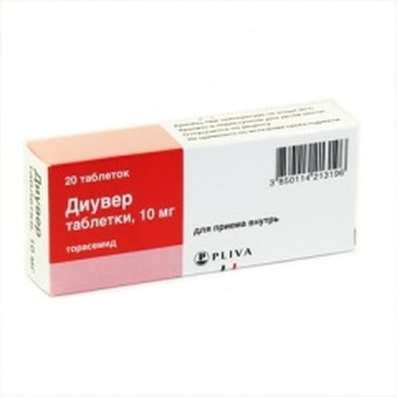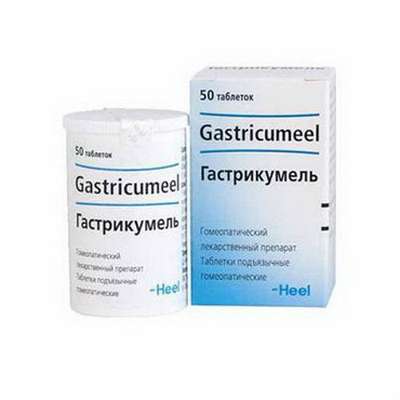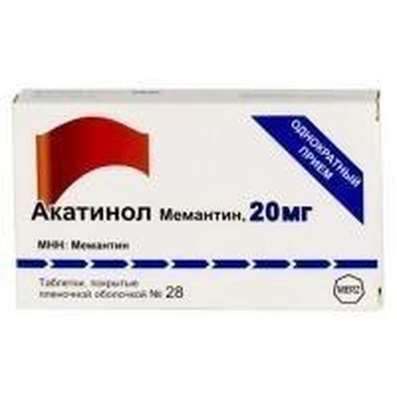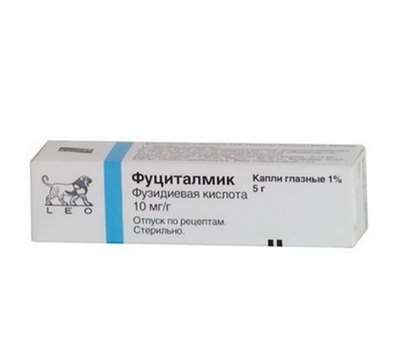Sports Pharmacology – Pharmacological Sport preparations
19 Oct 2016
Vitamins
Vitamins - are organic substances absolutely necessary to ensure the biochemical and physiological processes in the body.
Vitamins are not plastic material or energy substrate. Their role is determined by the participation in the regulation of biochemical processes. Vitamins required body in relatively small amounts, but, however, they are essential components of the food, because the body is not produced or are produced in insufficient quantities.
With insufficient supply of vitamins in the body it develops specific condition - hypo-and avitaminosis, accompanied by metabolic disorder and violation of all bodily functions.
In healthy people, the daily requirement for vitamins depends on many factors: climate and other environmental conditions, as well as the intensity of the physical and mental work, mental stress. Thus, when the medium and hard work, in conditions of middle and high (more than 40 ° C) temperature, the need for the majority of vitamins increases by 1.5-3 times.
The need for vitamins is also greatly dependent on energy intake and the ratio of proteins, fats and carbohydrates. It increases with increasing calorie content. Elevated levels of carbohydrates in the diet increases the need for vitamin B) and increased amount of vegetable protein increases the need for vitamin PP.
One of the most important principles of taking vitamins is their combined use. It is based on the interaction between the effects of certain vitamins, enabling simultaneous influence on several different biologic processes. Amplification of vitamins takes place, for example, combinations of vitamins B1, B6, B2 and C; B1, B2 and PP; vitamins C and P; vitamin B12, Bc, B6 and C.
In sports practice vitamin supplements are used for prevention of hypovitaminosis (ie, lack of vitamins) almost throughout the year. The need for an increased intake of vitamin occurs when a change of climatic conditions and geographical zones, with a deficiency in the diet of foods rich in vitamins and in periods of high-intensity training loads.
As a preventive measure it is recommended not to prescribe certain medications and vitamin complexes, preferably in the form of ready-made multivitamin preparations (Animal Pak, Cîmplivitum, Glutamevit, Aerovit, Selmevit, Centrum, Vitrum, Supradin et al.). The duration of prophylactic administration should be large enough and at least 3-4 weeks.
Another indication for the use of vitamin supplements is the need to influence the course of anabolic recovery processes, in the event of infringements of a particular type of metabolism, as well as over-voltage conditions. In such cases except multivitamins administered additionally one or more vitamins, the selection of which is based on an advantageous effect on the individual vitamins or other link metabolism.
The duration of intake of vitamins depends on the speed to achieve the desired effect.
Separate vitamin supplements
The water-soluble vitamins have not usually effect accumulation (accumulation) in the body. Therefore it is necessary a continuous supply of them from outside or develop more productive organism. Perhaps the rapid increase in the content of these vitamins due to the higher dose of admission.
Vitamin B1, or Thiamine. With a lack of thiamine is suffering not only the carbohydrate, and almost all other types of exchange. The need for thiamine depends essentially on the qualitative and quantitative supply structure. Predominance of carbohydrate and protein diet increases the need for thiamine, increase the proportion of fat, on the contrary, reduces this need. It prevents oxidation of ascorbic acid and pyridoxine. In sports medicine, vitamin B1 is used as a preventive measure during periods of intense physical and mental stress.
Vitamin B2 or Riboflavin. It participates in the implementation process of cellular respiration, affects all kinds of metabolic processes. It plays a particularly important role in providing visual functions, the normal state of the skin and mucous membranes, the synthesis of hemoglobin. Riboflavin is used for the prevention of vitamin deficiencies during periods of physical and mental stress, the recovery period, for the treatment of anemia and overvoltage conditions.
Vitamin B5, or Calcium Pantothenate. It enters and humans with food, as well as produced by Escherichia coli. It participates in the metabolism of carbohydrates and fats in the synthesis of certain hormones. Apply prophylactic vitamin PP and Lipoic Acid.
Vitamin B6, or Pyridoxine. It is involved in carbohydrate metabolism processes, hemoglobin synthesis and polyunsaturated fatty acids. In sports medicine Pyridoxine is used to provide intensive physical and mental exertion, in the treatment of over-voltage condition.
Vitamin B12; or Cyanocobalamin. It partially enters the body with food partially synthesized intestinal microflora. It is a normal factor in the growth, blood formation and development of epithelial cells. It is used to treat anemia. Buy vitamin B12 online.
Vitamin B15, or Calcium Pangamat. It stimulates the activity of respiratory enzymes, increases the absorption of oxygen to tissues, Calcium Pangamat improves the protein, fat and carbohydrate metabolism. It contributes to the accumulation of glycogen in the muscles and liver, increases the content of creatine in muscle tissue. In sports Vitamin B15 is used to stimulate energy processes, as well as in the prevention of hypoxia and hypoxia.
Vitamin Bc, Vitamin B9 or Folic Acid. It Enters organism with food, as well as synthesized by the intestinal flora. It promotes the synthesis of nucleic acids, amino acids sharing, promotes normal blood formation. In sports Folic Acid is assigned for the prevention of vitamin A deficiency.
Niacin, vitamin PP, or Nicotinic Acid. With the prevalence of dietary vegetable protein increases the need for niacin. It is used prophylactically in combination with Calcium Pantothenate and Lipoic Acid as well as to accelerate the recovery processes and overvoltage condition.
Vitamin C, or Ascorbic Acid. It is not synthesized in the human body and must be supplied in the diet. Necessary for normal glucose uptake and glycogen formation in the liver. Involved in the synthesis of steroid hormones in the regulation of blood clotting in the exchange of tyrosine. In sports medicine is used to prevent hypo - vitaminosis to accelerate the adaptation to new climatic conditions, as well as for the prevention and treatment of colds and infectious diseases. It is necessary to avoid long-term use at high doses. It is advisable to mix with Rutin, and vitamins of Group B.
Vitamin P - is a group of substances with vitamin activity involved in the interaction with ascorbic acid in the redox processes, reduce the fragility and permeability of capillaries, preventing the oxidation of ascorbic acid.
Fat-soluble vitamins have an effect of accumulation in the body. It gradually diverges.
Vitamin A or Retinol. It plays an important role in the growth and development of the organism. Is necessary to ensure the normal structure of the epithelial tissues of the skin, mucous membranes, the eyes, the respiratory, urinary and gastrointestinal tract, some involved in the synthesis of steroid hormones. In sports medicine used to prevent beriberi, preventing colds and infectious diseases.
Vitamin E, or Tocopherol Acetate. It has antioxidant properties involved in the formation of redox system. In sports medicine, it is used as a part of multivitamin preparations, and as self-medication.
Vitamin D (Ergocalciferol). Small amounts of this vitamin contained in the egg yolk, eggs, butter and milk. In large numbers, together with vitamin A, found in liver and adipose tissue of fish (mainly cod), marine animals.
Phosphorus and regulates calcium metabolism, promoting intestinal absorption of these substances, their timely deposition in growing bones. The basic amount of vitamin D needed human body, is formed in the skin when exposed to ultraviolet rays. When there is insufficient formation of vitamin D reserves it must be replenished by receiving appropriate drugs. In childhood - in combination with vitamin A.
Vitamin K (Vicasol - synthetic water-soluble analogue). Vitamin K is called anti-haemorrhagic or coagulation vitamin, as it takes part in the formation of prothrombin and promotes normal blood clotting. Widely distributed in the green alfalfa leaves, spinach, cauliflower, rose hips, needles, green tomatoes. The body generally comes from food, partly formed by intestinal microflora. Absorption of vitamin occurs with the participation of bile.
Multivitamin complexes
To ensure rational pharmacological training process, you can use almost any multivitamin complexes, available in pharmacies, such as Kvadevit, Aerovit, Dekamevit, Undevit and others. In the domestic multivitamin complexes Glutamevit, Selnevit and Complivit contained and minerals. It should be noted that almost all the foreign multivitamin preparations, such as Animal Pak, Supradin (Switzerland), Oligovit (Yugoslavia), Kobidek, Promonta, Biovital (Germany), Centrum, Vitrum (USA), Duovit, Multi-tabs, etc. Contain not only a balanced mix of vitamins, but also proportional to the amount of trace elements.
With intensive physical load assigned 2-3 tablets of the drug a day. admission course is 3-4 weeks. Products containing vitamin complexes, when used should not be chewed. The dosage should be increased by 2-3 times compared with the recommended for healthy persons.

 Cart
Cart





